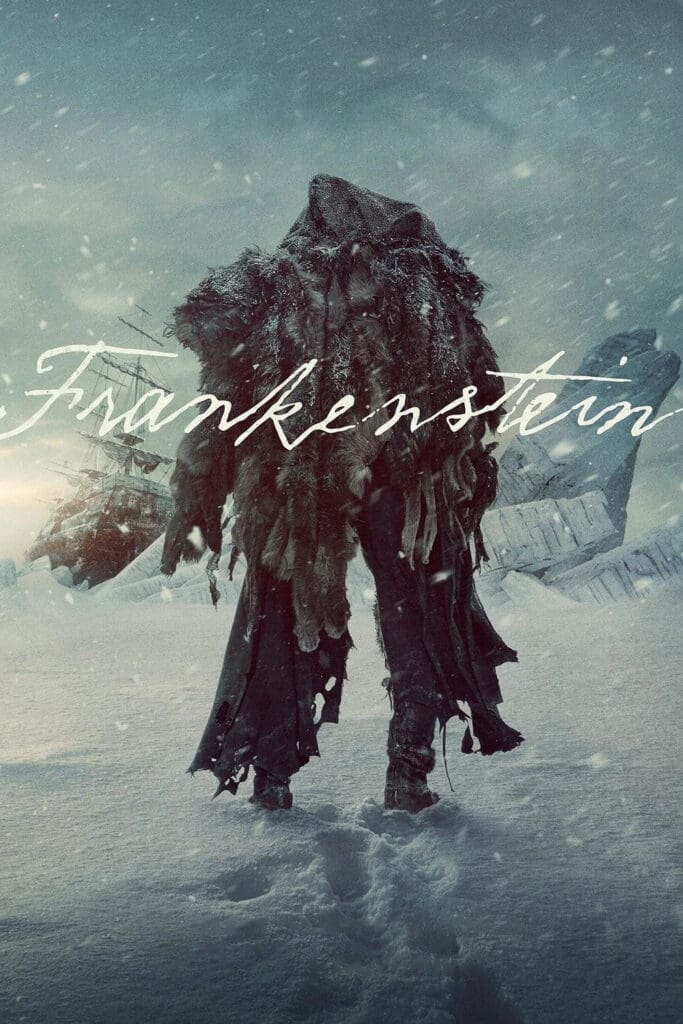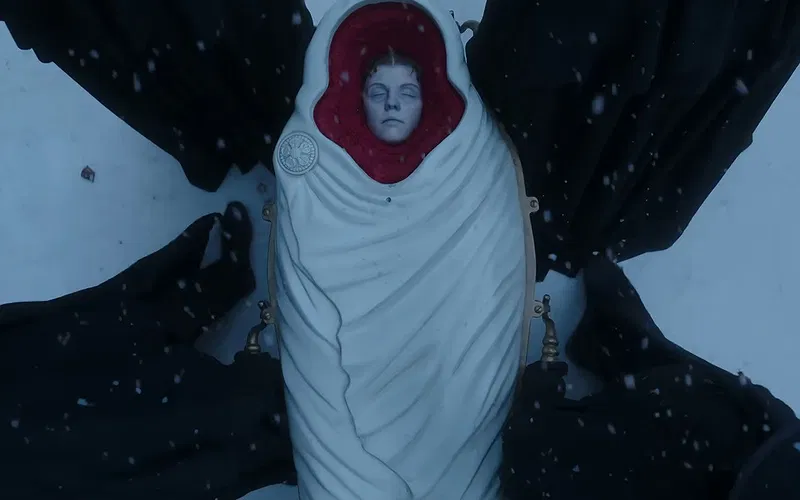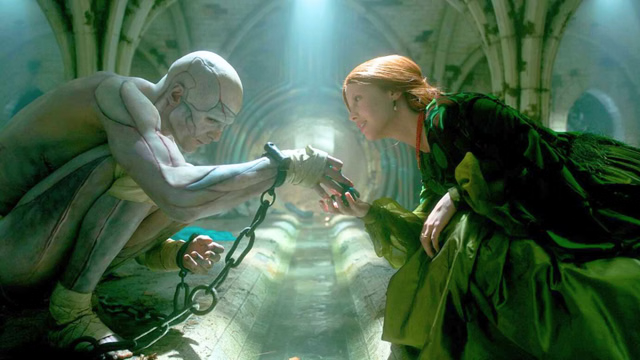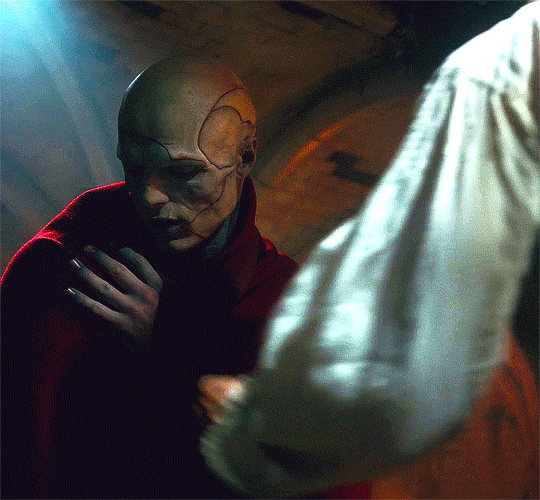Synopsis

Oscar-winning director Guillermo del Toro adapts Mary Shelley’s classic tale of Victor Frankenstein, a brilliant but egotistical scientist who brings a creature to life in a monstrous experiment that ultimately leads to the undoing of both the creator and his tragic creation.
TL:DR
A vast and beautiful adaptation that takes Frankenstein to new heights. Stands tall amongst any of the others before it. 9/10
Review
Frankenstein by Guillermo del Toro is an absolutely stunning adaptation. I was so fully engrossed in this film that I was actually surprised when I heard someone doing something else. How could this not be holding your fullest attention?
What GdT has crafted is deeply romantic, and darkly addictive. There are some truly breathtaking wide shots in this movie. Whether they feature a character in close up or far away, the camera angle remained the same. It allowed for cuts to feature the starkly beautiful backgrounds while still remaining character driven. There are some incredible blues, whites, reds, and blacks drawing a through-line between the movie, both in their comparisons of brooding, life, blood, and death, as well as eye catching displays of design.

Of course even from the original source material, we have a man, Victor, that is hellbent on whether or not he could, so he misses the more pressing question of if he should.
“Did you ever ask yourself, of all the parts that make that man, which one holds his soul?“
But here, Oscar Issac imbues something more. He is wide-eyed, so sure of his ability to defeat death that it would be wrong of him not to do so. He comes off as a not-so mad scientist, one that only desires to see his dream come to life. Once it does, his fear and loss of a clear plan for the first time in years drives him to anger, driving away the one thing he’s always wanted. I’ve always been a fan of him, and I think we’re getting a performance even better than Ex Machina.
“I never considered what would come after creation. In having reached the edge of the earth, there was no horizon left.”
The monster, the creation, the bits-and-bobs of humans past, is one we are all familiar with, and yet Elordi does something unique with it. His lean, tall and somewhat lanky build, gives viewers the uncanny. He is both human like and unlike, and his near-naked appearance for much of the film, and his crawling, skulking form, serves as the constant reminder of what he is—other. I think he did a phenomenal job at conveying fear and innocence through his emotive facial features, something that is quite impressive given the amount of prosthetics he’s in. I also thought the off beat cadence he gave his voice, as well as the deepness he gave us, was a great choice.
The film also offers up some really brutal violence. Not just at the hands of the strong monster, but from those that do not understand him—none of which even try. His brute strength and fits of rage heightened the film for me, as I felt they were used sparingly as to raise their shock value.
“If you are not to award me love, then I will indulge in rage. And mine is infinite.”
And of course, as any GdT work goes, there is this sort of entrancing beauty to the monster, as Mia Goth’s character, Elizabeth, speaks to our own obsession with him. There is certainly something here for the monster girlies.

What didn’t work as much for me was the film’s final piece trying to drive home this kind of father/son story. I mean I totally get the sins-of-the-father tie-in, especially from the film offering us a glimpse into young Victor’s upraising, but with the narrative being broken into pieces, there was just something missing between Victor and his creation that would have stuck that landing better. Perhaps even an earlier conversation beforehand or something simple. That’s the only thing keeping it from perfect for me.
I’m also just downright surprised this came from Netflix. That they somehow didn’t ruin this.





Leave a Reply